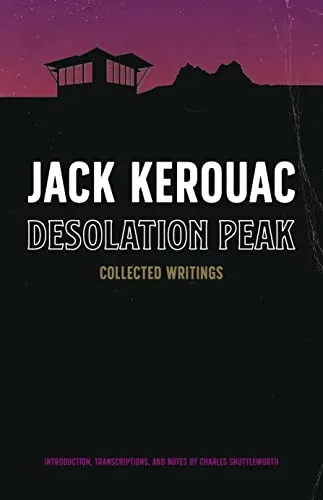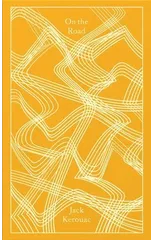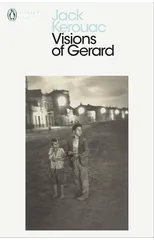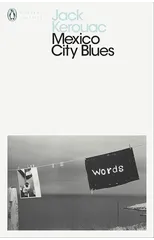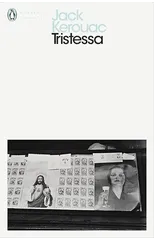Desolation Peak
Collected Writings
(Autor) Jack Kerouac"Something will happen to me on Desolation Peak...I can feel it." In the summer of 1956, Jack Kerouac hitchhiked from Mill Valley, CA, to the North Cascades to spend two months serving as a fire lookout for the US Forest Service. Taking only the Diamond Sutra for reading material, he intended to spend his time in deep contemplation and to achieve enlightenment. He wrote in his journal that he planned "to concentrate on emptiness of self, other selves, living beings, and universal self." In letters to friends he proclaimed, "Something will happen to me on Desolation Peak...I can feel it." Kerouac's experience on Desolation Peak forms the climax of his novel The Dharma Bums and has also been depicted in part 1 of Desolation Angels and a chapter in his nonfiction book Lonesome Traveler. None of these versions offers a full, true picture, however; and for that reason, Desolation Peak is essential reading. What separates Kerouac from all other writers is the depth that he went in exploring his own consciousness, and what will prove his most enduring legacy is the record he left of that exploration, revealing the psyche of a sensitive, tortured artist grappling with himself in the mid-20th Century. The highlight of Desolation Peak is the journal he kept, starkly revealing the depth of his poverty, the extremity of his mood swings, and the ongoing arguments with himself over the future direction of his life, his writing, and faith. Along with the journal, he worked on a series of projects, including "Ozone Park," another installment of the Duluoz Legend beginning in 1943, after his discharge from the Navy; "The Martin Family," an intended sequel to The Town and the City, and "Desolation Adventure, " a series of sketches that became part 1 of Desolation Angels, . In writing it, Kerouac was re-committing himself to his more experimental, then-unpublishable style, declaring in the journal that "the form of the future is no-form." Also included in Collected Writings is "The Diamondcutter of Perfect Knowing," Kerouac's "transliteration" of the Diamond Sutra, his "Desolation Blues" and "Desolation Pops" poems, and assorted prose sketches and dreams.
Jack Kerouac
Jack Kerouac was an American novelist and poet known for his spontaneous prose style and association with the Beat Generation. His most notable works include "On the Road" and "The Dharma Bums," which explore themes of freedom, spirituality, and the search for meaning in life. Kerouac's writing often reflected his own experiences traveling across America and his interest in jazz music and Eastern philosophy. His work had a significant impact on literature, influencing future generations of writers and shaping the countercultural movement of the 1950s and 1960s. "On the Road" remains his most famous work, celebrated for its exploration of the American road trip and its portrayal of the Beat Generation's quest for authenticity and self-discovery.
